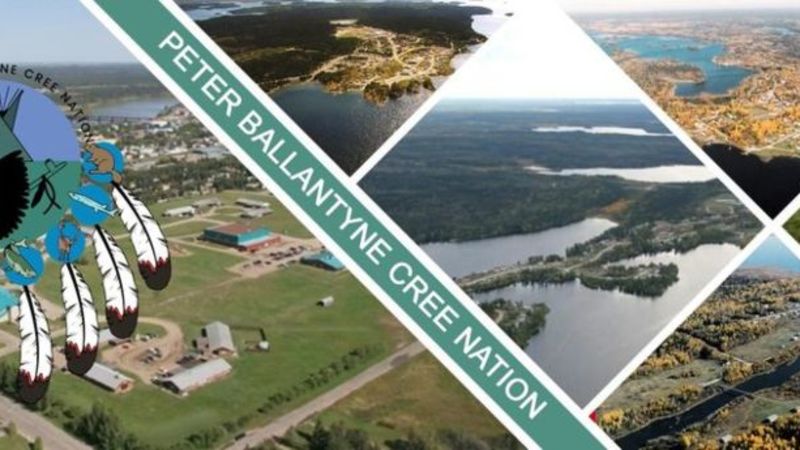
Jordan’s Principle Can Help First Nations Children With School Expenses and More
Jordan’s Principle responds to unmet needs of First Nations children no matter where they live in Canada.
Different levels of government fund different services for First Nations children. As a result, it can be hard to figure out how to access necessary products, services and supports.
Under Jordan’s Principle, we can:
- inform families about the help available for their child and how to access it
- coordinate access to products, services and supports
- provide funding when it’s needed to make sure products, services and supports are accessed without delay


